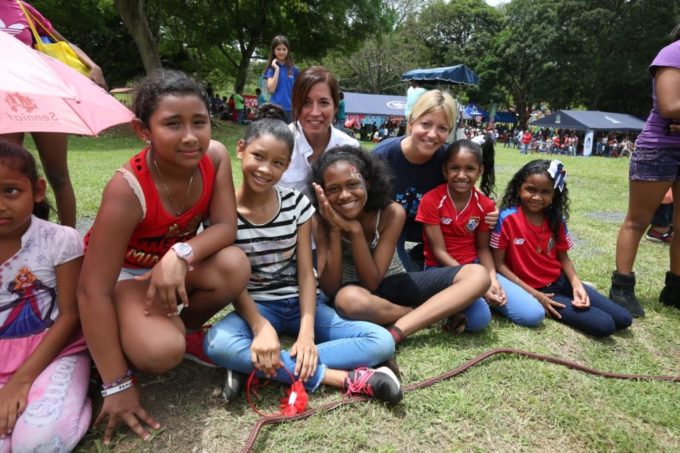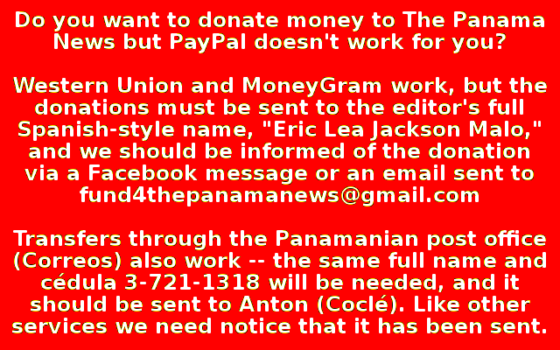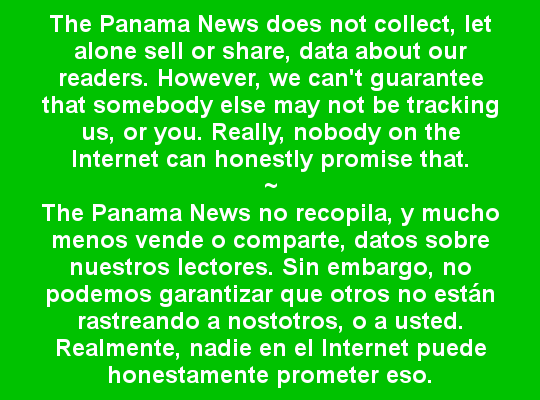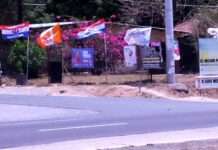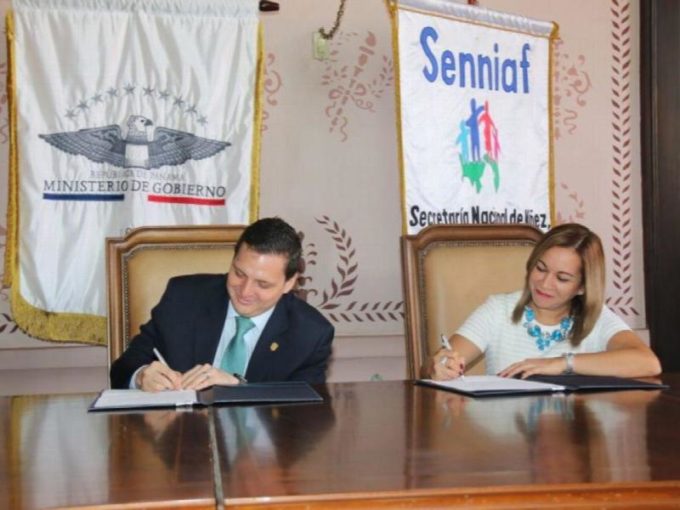
Panama goes a different way with respect to migrant kids
by Eric Jackson
Diplomacy, differentiation and distancing can often involve high arts of rhetoric and things not said. Such exercises are often vulnerable to accusations of hypocrisy by those whose contrary ideas or practices are implicitly or bluntly rejected. And so it may be with Panama this past week.
With first lady Lorena Castillo de Varela as a mover and shaker behind it, Panama is embracing different approaches to children who land in Panama without the legal formalities that are required by our immigration laws. The emphasis is on protection rather than repression. It’s an apparently small set of measures but probably under the surface a broad, inter-institutional policy shift. The Panamanian government effort has United Nations agencies approving but staying out of the limelight and not having much to say. It comes amidst widespread Latin American revulsion at US policies of family separation.
After dealing with some uncomfortable refugee crises of our own and signing onto regional agreements to discourage human migrations without official stamps of approval, Panama is steering a course away from the extremes of more northerly latitudes. It’s not a matter of saying anything about the bodies of migrant children washing up on hostile Mediterranean shores, nor against Donald Trump and Jeff Sessions snatching the children of families seeking asylum, shipping them to points unknown far away and intentionally losing them. It’s along the line of demonstrating that Panama has official values and policies that are nothing like these things. It’s an implicit estrangement on this issue between the government of Panama and the prevailing official attitudes in the United States.
Recall that not long ago Panama had a policy by which any foreigner who showed up in our country without proper papers to be here was, instead of being taken into custody, given a month or so to find somewhere else to go before La Migra would move toward deportation. That brought waves of Cubans and Haitians, and people from farther afield in Africa or Asia, coming into Panama by land or sea, generally indirectly by way of South America. US policy is to create but not receive refugees by conducting wars and supporting oppressive regimes in many places, and those are not the only places from which people flee with hopes of eventually reaching North America. Things got out of hand, with Costa Rica taking a stand against Panama allowing undocumented migrants to leave here for a Tico “somewhere else.” Panama in turn consulted with Colombia and Ecuador in particular to keep them from allowing migrants to use those countries as stepping stones from which to enter Panama en route to other places. More formal regional agreements were signed.
The rushes subsided, but Nicaragua and Haiti are in turmoil and the fears of new waves of people fleeing in terror through the region without regard to any immigration formalities are palpable. Throughout the changes in policies and situations, undocumented migration ebbs and flows. People still keep showing up.
Here, like in most of Europe and in the USA, xenophobic politics are a growth industry. We shall see in short order whether the PRD primary in particular converts that putatively democratic and revolutionary member party of the Socialist International into yet another formation like the European neofascist ones or toward the Donald Trump variety of GOP politics.
The Varela administration, embattled on many fronts, is not openly criticizing any foreign government or political force. Nor are they making a Panamanian political issue of refugee kids or getting into arguments about who is a refugee or a person whose claim for that status is serious enough to go through the specified processes. But they are saying that treaties on child rights and welfare and the international law of refugees and displaced persons will be read together and applied in Panama, unlike in a number of other countries.
